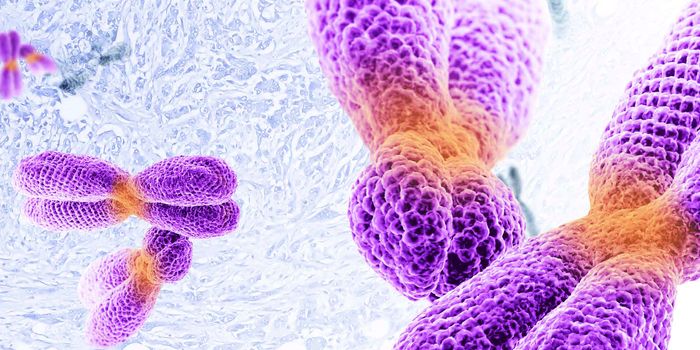Cancer researchers, always looking for more effective and less toxic approaches to stopping the disease, recently launched clinical trials testing a new class of drugs. BET inhibitors act on a group of proteins that help regulate the expression of many genes, some of which play a role in cancer.

A study at
The Rockefeller University suggests that the original version of BET inhibitors causes molecular changes in mouse neurons and can lead to memory loss in mice. It was published in
Nature Neuroscience and reported in
Drug Discovery & Development. Likely to trigger more research into the brain effects of BET inhibitors, the research could lead to the development of safer drugs that reduce the risk of potential side effects such as memory loss. First author Erica Korb, a postdoctoral fellow, said the compound tested in the study has the ability to cross into the brain from the bloodstream. However, this may not be the case for other drug variants tested in patients. Several companies are testing the inhibitors using unique formulations optimized in proprietary ways, such as adding chemical groups to make a compound more targeted or effective, which could make it harder for the drug to cross the blood-brain barrier.
Patients with hard-to-treat cancers have received these experimental drugs. Rockefeller scientists believe that more research is needed to determine whether the therapies can enter the brain, because that could potentially cause some unwanted side effects. “We found that if a drug blocks a BET protein throughout the body, and that drug can get into the brain, you could very well produce neurological side effects,” said Korb.
The researchers tested BET inhibitors in the brain. BET proteins help to regulate the transcription of genes into proteins, a key step in cell division. Because neurons divide less frequently than other cell types, scientists had not given much thought to the role of BET proteins in the brain, said Korb.
The researchers used a compound designed to prevent the activity of a specific BET protein, called Brd4. They used the original version of the drug, called Jq1, which could cross the blood-brain barrier, added the drug to mouse neurons grown in the laboratory and stimulated the cells in a way that mimicked the process of memory formation. Normally, when neurons receive this type of signal, they begin transcribing genes into proteins, resulting in the formation of new memories — a process that is partly regulated by Brd4. “To turn a recent experience into a long-term memory, you need to have gene transcription in response to these extracellular signals,” said Korb.
Indeed, when the researchers stimulated mouse neurons with signals that mimicked those they would normally receive in the brain, they saw massive changes in gene transcription. When they performed this experiment after adding Jq1, they saw much less activity. “After administering a Brd4 inhibitor, we no longer saw those changes in transcription after stimuli,” Korb concluded.









